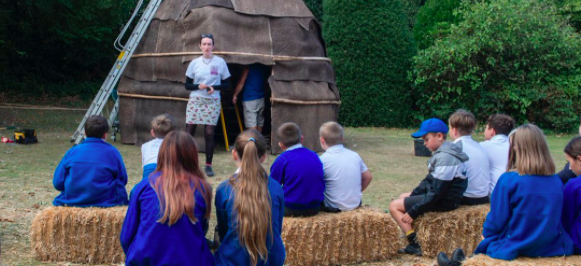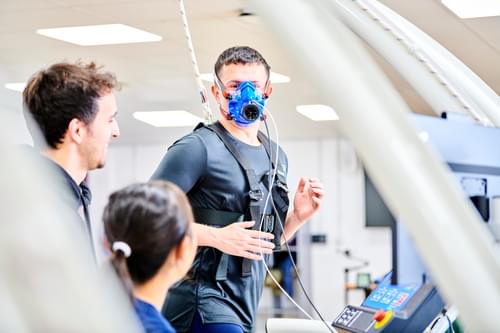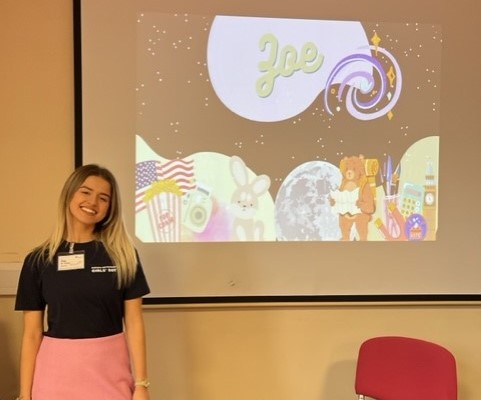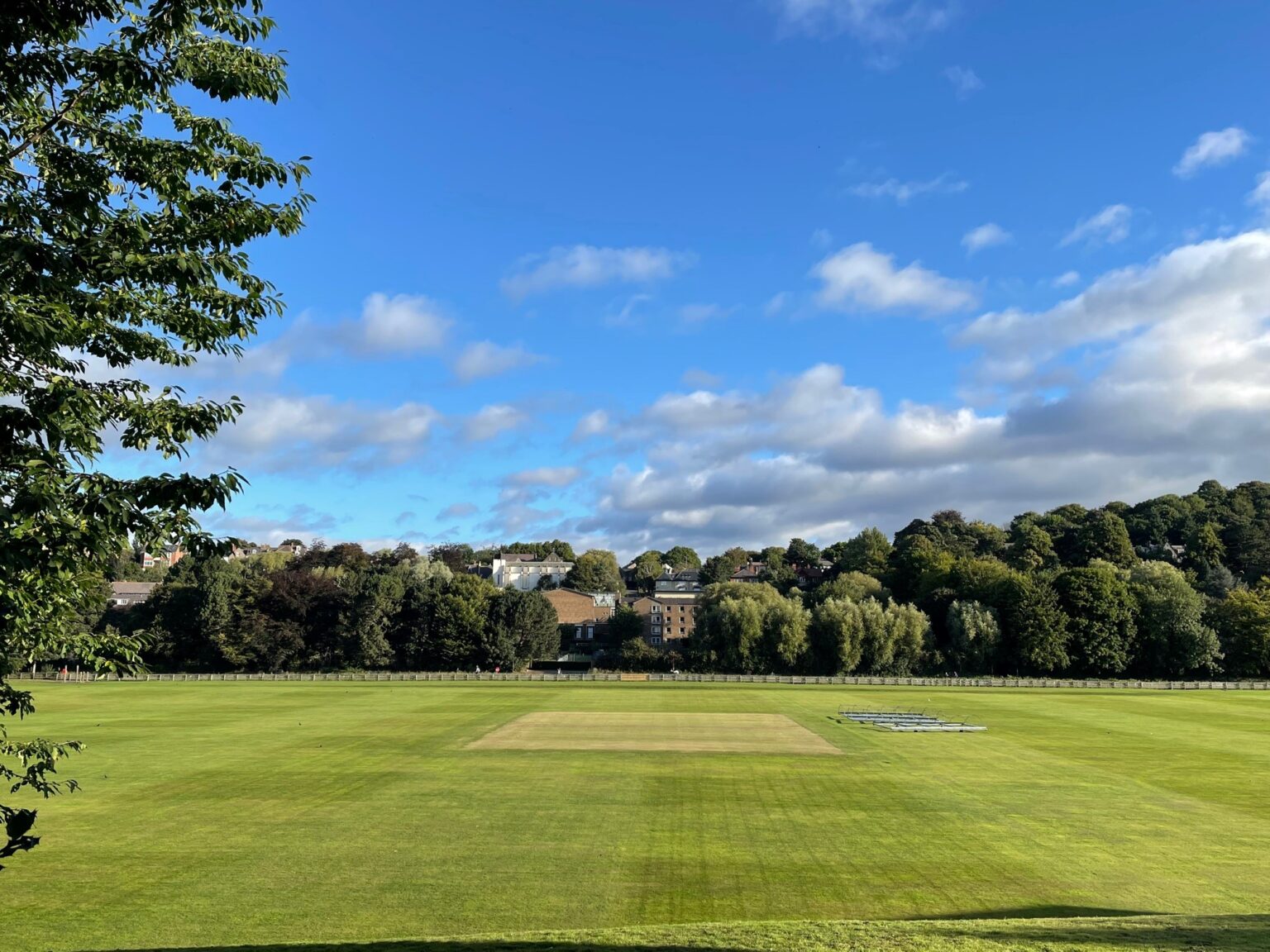My research has been defined by a series of learning moments – most significantly being confronted with my discipline’s legacy. Among Indigenous peoples, Anthropology has a profound history as extractive and exploitative. Here, I share the moment I was confronted by this legacy as well as the four principles I apply to conduct ethical research. These are inspired by my Durham supervisor, Nayanika Mookherjee’s, ‘Ethical Guidelines’.
‘I sat cross-legged, precariously balancing my notebook on my knee as I moved my pen rapidly across the page. Weaved baskets, cradleboards and quivers hung on the walls, with the home’s pronounced curve causing them to angle inward. This space, the nushwetu, is an example of a traditional Wampanoag home, built for the Indigenous education site at a US museum. Guides, Dylan and Andrew leant back on the bench opposite, their moccasinash leaning against the fire– they’re descendants of the Shinnecock Nation and the self-professed bad boys of the museum. Kerri, a member of the Wampanoag Nation sat by the door, sorting through furs and shrugging off a long day’s work. I had asked them how museum visitors perceived them, and Dylan exclaimed with resigned frustration:
“They think that we are super primitive, that we are not social, that we roll around in the dirt. They don’t see that we are a complex society. It’s these stereotypes from early anthropologists.”
They all laughed and exclaimed “anthropologist” again, as though it was a dirty word.’
The history of anthropological study of Indigenous peoples conjures images of eugenics, stolen artefacts, and self-serving lies about the ‘Vanishing Native’. Yet even well-meaning, present-day researchers can produce accounts that exoticize and misrepresent. Perpetuating misrepresentations have real costs, as Dylan and Andrew revealed when they described their education work as “a fight every day to convince people that we are human.”
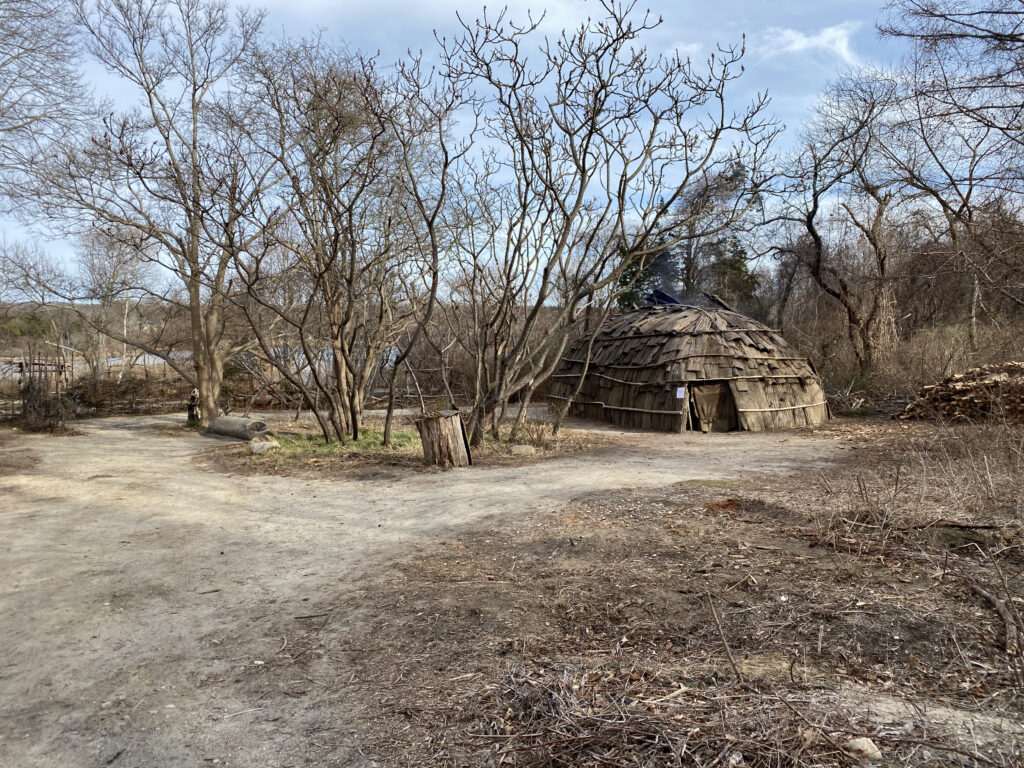
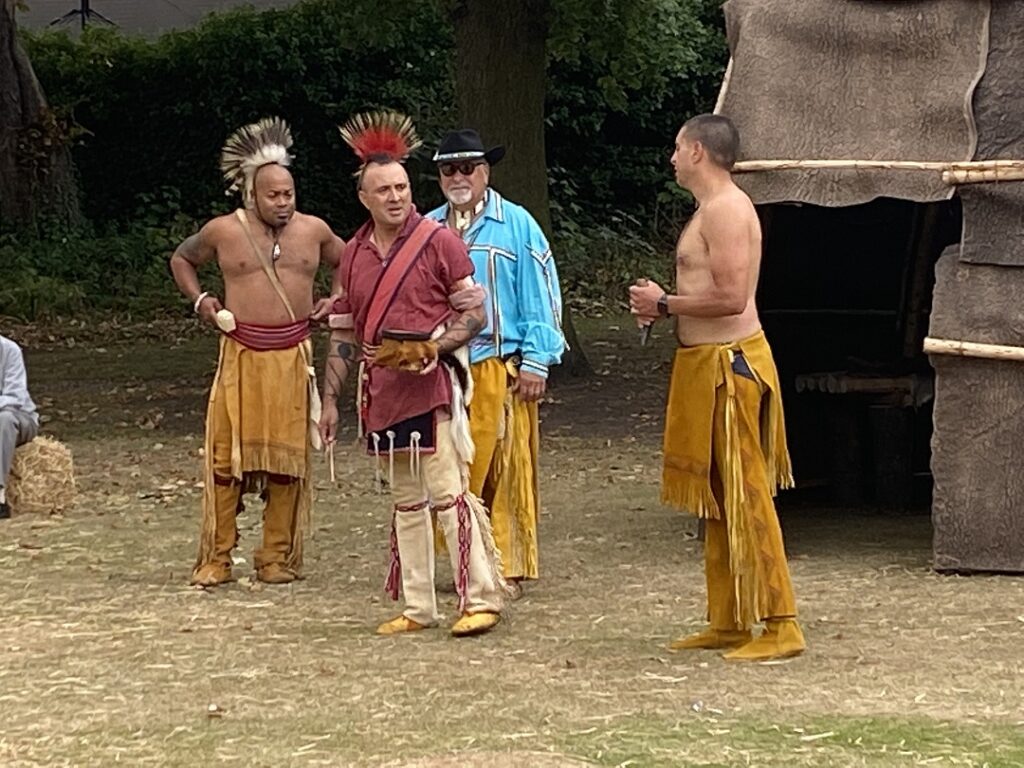
How can we conduct ethical, non-extractive research?
This question has been a central focus of Mookherjee’s work, taking testimonies from women who experienced sexual violence in the Bangladesh war of 1971. Her study reveals that ethical practices are often ignored when recording wartime rape, resulting in interviews that are harmful to the victim and produce a dangerous disconnect between survivors’ needs and transitional justice. My research has revealed that the ethical guidelines Mookherjee proposes have wide-reaching implications. Drawing on one of Mookherjee’s guidelines, ‘Do you have enough time for these testimonies?’ I share four essential lessons from my fieldwork:
- Accurate and non-exploitative accounts can only be shared in a relationship of trust. Researchers can move quickly in and out of the field, asking personal questions that may harm their informants. Sensitivity is developed over time, through respectful engagements.
- Be useful! Actively help informants with everyday tasks. This creates space for conversation and demonstrates that you recognise and hope to reciprocate their efforts towards your research.
- Take time to engage in secondary research. My informants regularly make statements that reflect their Nation’s experience of colonial history, without a good understanding of this context their experiences could easily be misrepresented.
- Most importantly- You are not owed your informants’ knowledge! The unnamed authors of the article Indigenization is Indigenous exemplified this powerfully:
‘Colonialism is a way to name the assumption that settlers and colonizers are entitled to Indigenous land, social networks, knowledge, students, language, and culture for their own goals, even if those goals are benevolent or well-intentioned.’
As Mookherjee’s work reveals, ethical frameworks are essential to fieldwork, stretching far beyond a university consent form and best developed in collaboration with your informants. Best of luck in the field!
References:
Mookherjee, Nayanika and Najmunnahar Keya. (2019) Birangona: Towards Ethical Testimonies of Sexual Violence during Conflict. Durham: University of Durham.
Mulcahey, Amelia. (2020) A Genesis Story for the USA or the Beginning of the End. Masters Thesis, University of Durham.
Indigenous Students, Faculty and Staff at Memorial Share. (2019) Indigenization is Indigenous.
Url: https://gazette.mun.ca/campus-and-community/indigenization-is-indigenous/. Accessed: 6th April 2022.
Discover more
Our Anthropology Department is one of the largest in the UK and is ranked 29th globally (QS World University Rankings by Subject 2022).
Fieldwork is core to our taught programmes, and we offer research-led teaching and hands-on experience to equip our students with the knowledge and skills they need for a successful future.
Feeling inspired? Visit our Anthropology webpages for more information on our undergraduate and postgraduate programmes.


